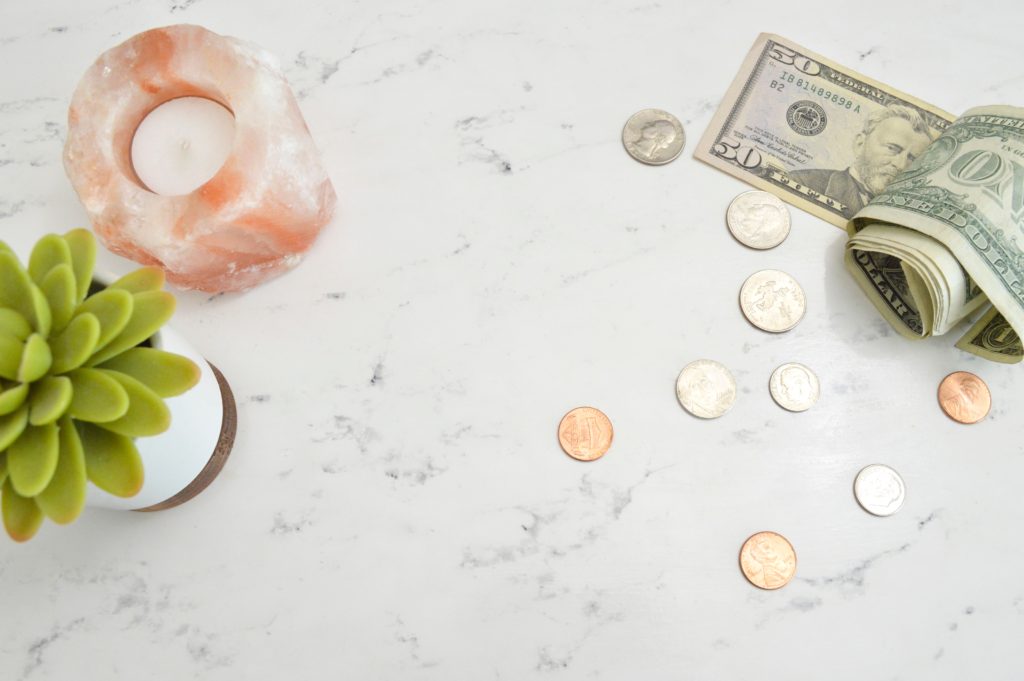According to a study conducted by Merrill Lynch and Age Wave, women, in general, tend to reach financial independence sooner than men. That women strive to reach financial independence sooner rather than later implies the need of women to strive for independence in the first place. Women should have their own finances so that we are not reliant upon, complacent with, or subservient to those who use money as a means of power.
My mother strove for financial independence because she wanted a life different from her mother’s, who remained in an abusive marriage because she could not provide for her children alone without the financial support of her husband. My grandmother was the quintessential housewife, but was resentful of the title for the majority of her life. Due to her citizenship status, my grandmother was unable to find work, and ultimately sacrificed her freedom for the benefit of her family. My grandfather’s financial hold over my grandmother made it so she lived in a perpetual state of owing and inadequacy. For my mother, it was especially important to be able to obtain the financial resources necessary to live independently before choosing to marry. She didn’t want to feel trapped in a marriage by the shackles of financial burden and responsibility. My mother is now the breadwinner of my family.

Of the contributing factors of the aforementioned financial study, the most telling of women striving for financial independence before men is that women tend to prioritize and focus on their financial futures. Where 70% of men said their highest financial priority is to “enjoy life now,” an equal percentage of women said their highest financial priority was to save for the future and pay off debts. This response stems from the fact that women are paid less than men- making us more cognizant of how we spend and save our money, and that women make up two-thirds of the outstanding student debt in America.
I strive for financial independence because these are the values instilled upon me by my own mother. I’ve seen firsthand what financial codependency looks like and the effects it can have on the overall quality of life. In a relationship where one partner is codependent upon the other for financial reasons, the paradigms of power shift and are monopolized by whoever is able to provide. People grow comfortable in their codependency and are demotivated to contribute or work towards specific goals.
I seek financial independence because I enjoy being able to provide for myself; there is a certain power that comes from being free from anyone’s influence aside from your own. Most women, by the time they reach the age of 30, no longer require the financial support of their parents. Women by this time have reached a place of financial stability to cover major expenses in housing, food, student loans, and even vacations.

Obtaining financial independence is not reliant upon the amount of money earned, but in how that money is spent and who is allowed to spend it. The notion that women are frivolous with their finances, are incapable of saving, or are not knowledgeable in finance perpetuates the antiquated idea that women need to rely on men, or that men should handle the finances and that women should keep house. This stereotype stems from the view that women are “splurgers,” that when given a sum of money we immediately go to spend it on shopping and the purchasing of pretty things.
“I think it’s a very outdated viewpoint, of men being the providers and women being the spenders,” said Anna Bowes, founder of the #MakeMoneyEqual campaign. “The reality is just not like that these days. Men and women both go to work. From our experience women are just as careful and just as interested in finding out about the best saving accounts and how to make their money work as hard as possible.”
For women to reach a place of financial independence, we must teach financial literacy to young girls. We need to demystify finance so that every young adult is able to create a budget, save a percentage of their income each year, grow an emergency savings account, and invest responsibly. In this way, we can ensure that women are included in the money conversation and are able to provide for themselves first and foremost.
By: Rachel Ladeby

